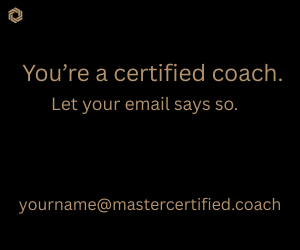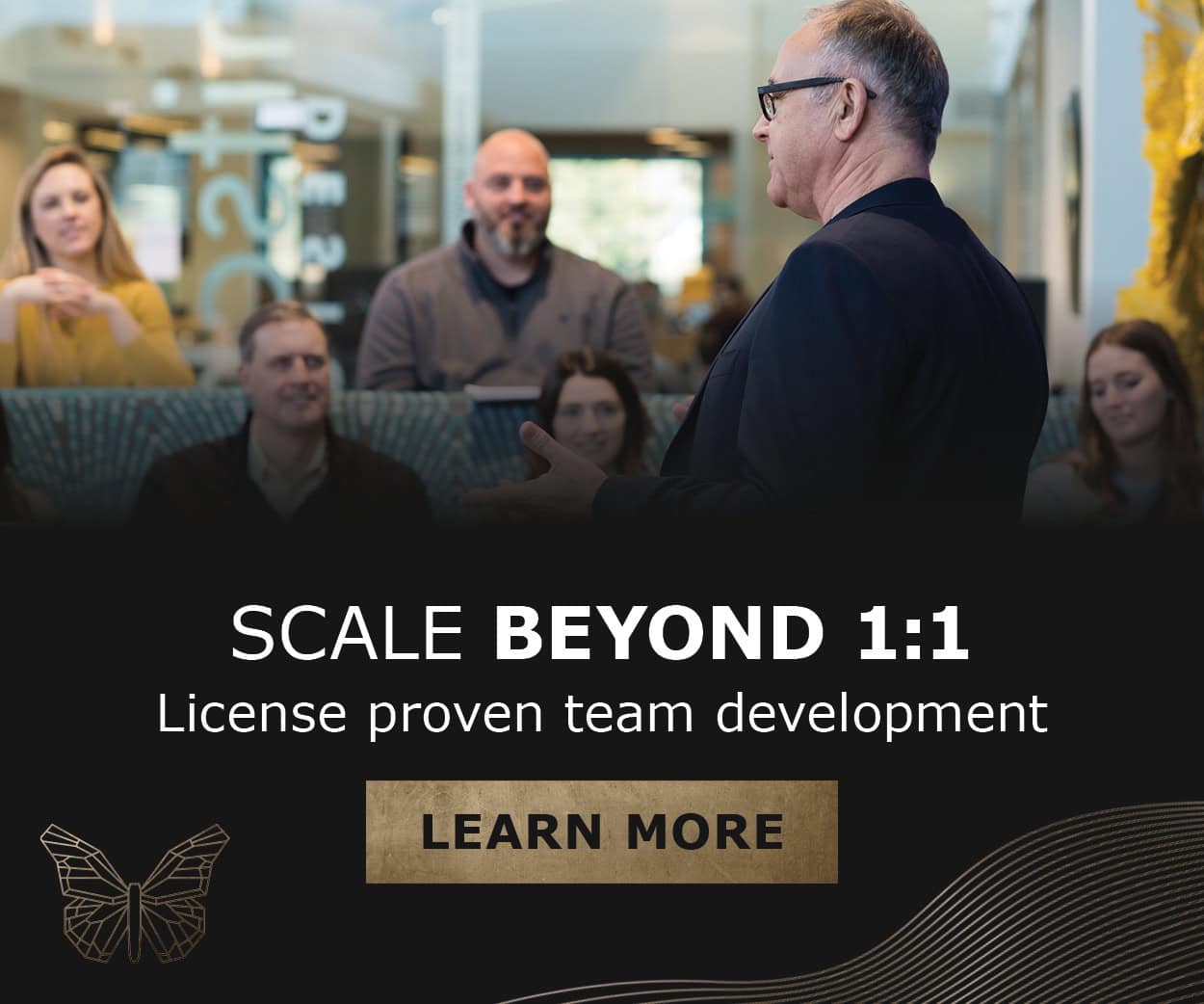Throughout the last 10 years, I have witnessed the positive impact of coaching in building an inclusive culture in private sector organizations. By facilitating women’s leadership coaching programs designed to strengthen the female talent pipeline, I became increasingly aware of coaching’s power to impact and change relationships. I also learned that relying solely on individual coaching may not be sufficient to maintain sustainable positive outcomes. For these reasons, I began to implement three-way coaching (between a coach, client and client’s line manager) and found it to be highly effective in supporting transformational change.
Coaching broader stakeholder groups brings more value due to the systemic challenges clients face.
This three-way style of coaching helped clients explore the quality of their existing relationships, which had many benefits. Women identified things they were dissatisfied with in their existing relationships and worked on behaviors they wanted to change while opening a new level of dialogue with their line manager. For others, coaching offered a place to explore what they valued and found helpful within the already established relationship with their line managers and broader stakeholder group, which appeared to impact the clients’ influence on desired career outcomes.
Additionally, this coaching style helped clients to:
Strengthen existing relationships with stakeholders. Three-way coaching provided both client and their line managers an additional opportunity to open up a conversation about aligning personal and professional aspirations and deepen mutual trust.
Improve strategic stakeholder management. The new level of communication achieved through three-way coaching created opportunities for involving the broader stakeholder group, including mentors and sponsors which is critical for achieving client’s career aspirations.
Gain exposure for desired career development. Coaching supported women in identifying critical experiences they wanted to have on their career development journey, aligning expectations and gaining line managers’ ongoing support.
How can coaches set themselves up for success in a three-way coaching process?
The coach has a critical role in preparing the agenda for the contracting conversation. Clarifying the purpose of three-way coaching in advance is essential to ensure everyone involved is engaged in the discussion.
The initial three-way conversation is an opportunity for a coach, client and client’s line manager to:
- Clarify mutual expectations and responsibilities in the women’s leadership coaching program and beyond
- Reinforce the confidentiality agreement, which may be confusing as multiple parties are involved in the coaching relationship
- Invite both parties to think about the issues more systemically, helping them see their power in creating and sustaining positive coaching outcomes, not only for themselves but for the organization
- Provide the benefits and rationale for reviewing the relationship and how progress or changes will be assessed
- Reiterate the purpose of the coaching program aimed at supporting gender-balanced leadership.
Therefore, having a contracting conversation with all the key players together is the best way to ensure openness and alignment of expectations.
By encouraging everyone involved in the three-way coaching program to take a broader perspective and engage in ongoing dialogue about expected outcomes, there is greater potential to realize positive changes for both the individuals and organization. The combination of individual, group and three-way coaching promotes transparency in day-to-day communication and decision making, necessary for reaching gender-balanced leadership aspiration.
In conclusion, three-way coaching is an important part of the coaching process, particularly in addressing systemic challenges such as a gender-balanced workforce, diversity, and inclusion. Coaching the client’s system prepares everyone to think about the individual, organizational and relational issues in more complex and systemic ways.
Disclaimer
The views and opinions expressed in guest posts featured on this blog are those of the author and do not necessarily reflect the opinions and views of the International Coach Federation (ICF). The publication of a guest post on the ICF Blog does not equate to an ICF endorsement or guarantee of the products or services provided by the author.
Additionally, for the purpose of full disclosure and as a disclaimer of liability, this content was possibly generated using the assistance of an AI program. Its contents, either in whole or in part, have been reviewed and revised by a human. Nevertheless, the reader/user is responsible for verifying the information presented and should not rely upon this article or post as providing any specific professional advice or counsel. Its contents are provided “as is,” and ICF makes no representations or warranties as to its accuracy or completeness and to the fullest extent permitted by applicable law specifically disclaims any and all liability for any damages or injuries resulting from use of or reliance thereupon.
Authors
Post Type
Blog
Audience Type
Coach Educators, Experienced Coaches, External Coaches, ICF Chapter Leaders, Internal Coaches, New Coaches, Professional Coaches, Team and Group Coaches
Topic
Coaching Toolbox, Discover - Your Coaching Career
Related Posts
How Conscientious Inclusion Can Improve Your Coaching
Coaching continues to evolve as the world becomes more interconnected, multicultural, and…
The Coaching Trap: When Empathy Becomes Exhaustion
Prepare yourself for the fact that this will not be about you…
Your Guide to Preparing for the ACC Exam
Much like a smartphone upgrade that introduces improvements for a smoother user…








